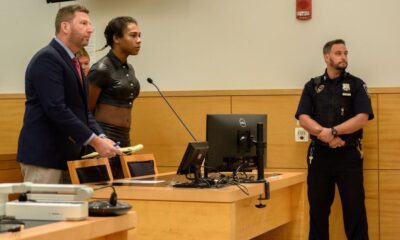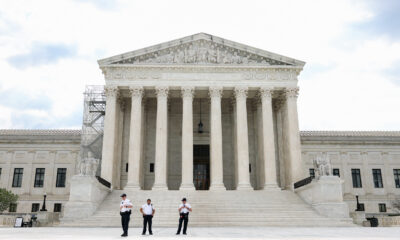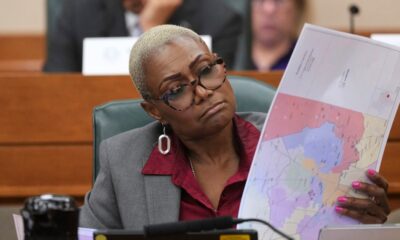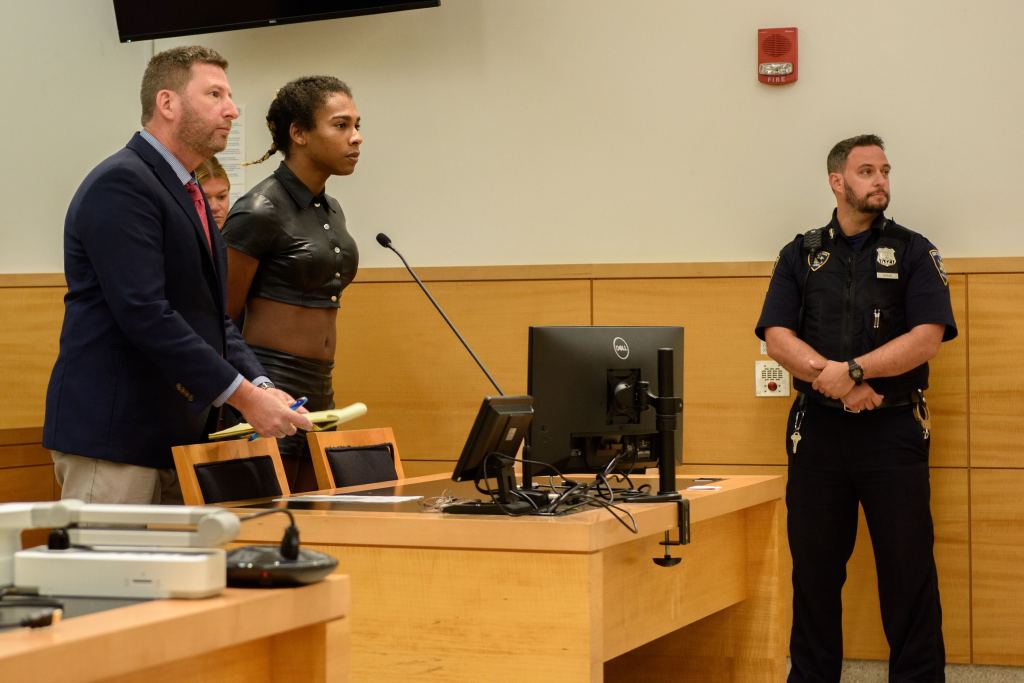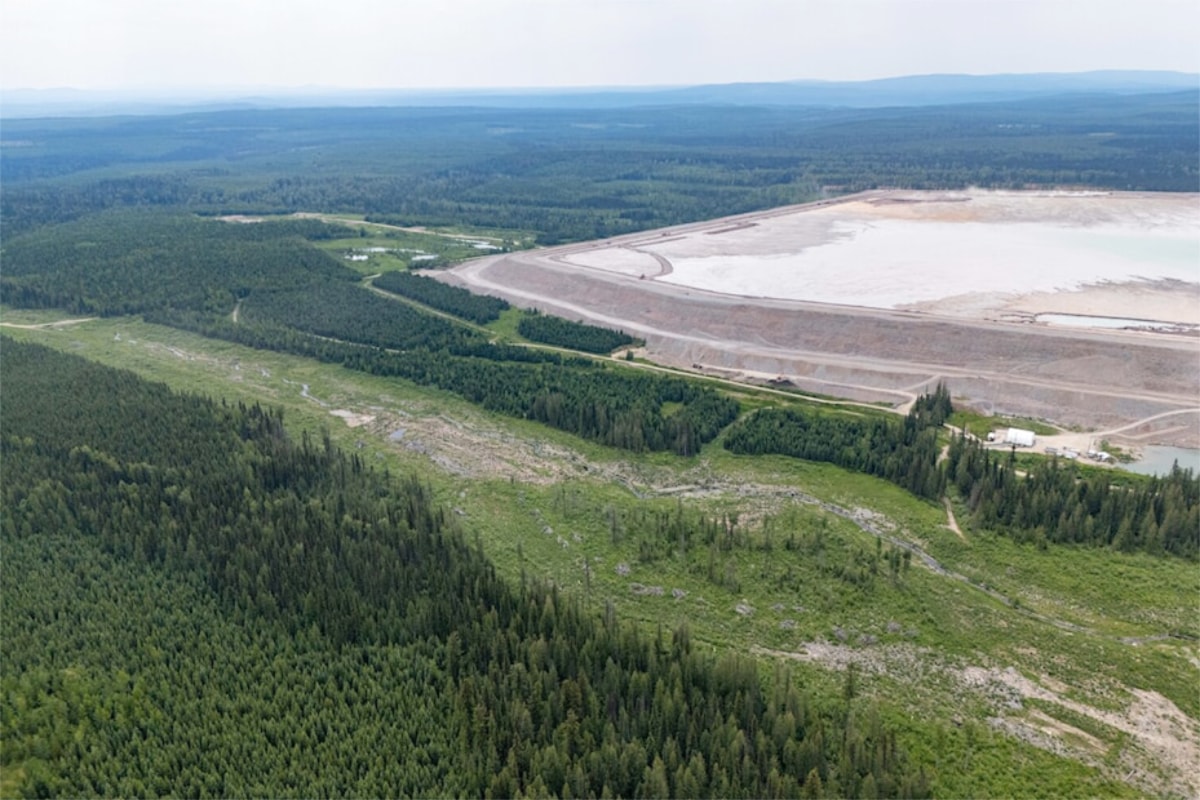News
Musk Vs. Modi: Inside the Battle Over India’s Internet Censorship
Elon Musk Sparks Heated Debate on Internet Freedom in India
What’s Happening?
Elon Musk’s social media platform, X, has sparked controversy in India over content moderation. A 2023 post shared on X, now resurfaced, has led to a clash between Musk’s stance on free speech and India’s internet censorship laws. Authorities and tech experts are closely watching the unfolding drama as it challenges India’s digital sovereign control.
Where Is It Happening?
The conflict centers in India, particularly in the city of Satara, where local police raised concerns over the post. The issue highlights broader debates across the country about internet regulation and censorship.
When Did It Take Place?
The original post was made in January 2023, but recent attention brought it to the forefront of current discussions in early 2024.
How Is It Unfolding?
– Indian authorities and legal experts demand account verification and content removal under local laws.
– Elon Musk deflects claims, using X to promote absolute free speech principles.
– The dispute reflectsa global tension in digital freedom against sovereign restrictions.
– Lawmakers are debating stricter laws to adapt to tech’s unregulated growth.
– Users are divided over who holds the moral high ground in ‘free speech vs. governance.’
Quick Breakdown
– A 2023 post on X reignites debate on internet censorship in India.
– Indian authorities demand accountability, citing local laws and public safety.
– Elon Musk stands firm on protecting free speech globally.
– The incident may lead to stricter digital regulations in India.
– Tech experts warn of future collisions between governments and global platforms.
Key Takeaways
The clash between Elon Musk and Indian authorities over X showcases a much larger global struggle: how to balance free speech with national regulations. While Musk’s platform champions unrestricted discourse, governments like India’s are focused on maintaining control within their borders. This debate, whether framed as a David vs. Goliath battle or a necessity for societal safety, brings to light the delicate tug-of-war between tech visionaries and legislators. The only certain outcome? Tech regulations worldwide will continue to be a hot-button issue as digital landscapes evolve.
Free speech advocates fear a slippery slope where censorship becomes widespread, but policymakers argue that responsible governance is essential in the digital age.
– Priya Sarin, Digital Rights Analyst
Final Thought
This Musk-Modi showdown over internet control is just a precursor to more confrontations that lie ahead. As nations seek to regulate the digital frontier, global platforms push back with their own ideologies. Expect more flashpoints as governments and tech giants clash over defining the future of internet freedom—because the world is watching, and nobody has all the answers.
-

 New York7 days ago
New York7 days agoYankees’ Aaron Boone Makes Cody Bellinger Statement After Aaron Judge Injury
-
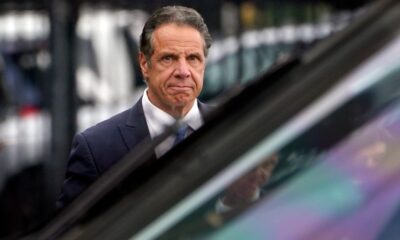
 New York4 days ago
New York4 days agoToday in History: Investigation into Andrew Cuomo released
-

 New York4 days ago
New York4 days agoSmall quake shakes the New York area. USGS says magnitude was 3.0
-

 Chicago5 days ago
Chicago5 days agoESPN Provides Strong Response After Chicago Sky Pushed To ‘Shut Down’ Angel Reese
-

 Houston4 days ago
Houston4 days agoWhy isn’t Dustin May starting on Sunday for the Red Sox?
-
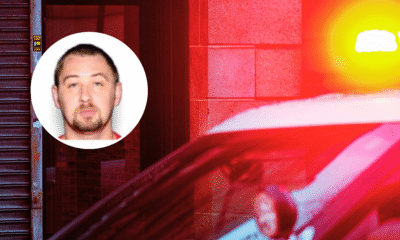
 Austin4 days ago
Austin4 days agoWho Is Austin Drummond? What to Know About Quadruple Homicide Suspect
-

 Chicago3 days ago
Chicago3 days agoChicago Sky HC Makes Dissatisfaction Clear Amid 1-10 WNBA Collapse in Angel Reese’s Absence
-

 Las Vegas4 days ago
Las Vegas4 days agoGolden State Valkyries Vs Las Vegas Aces: Injury Report, Starting-5, Prediction and More on Tonight’s WNBA Preview

